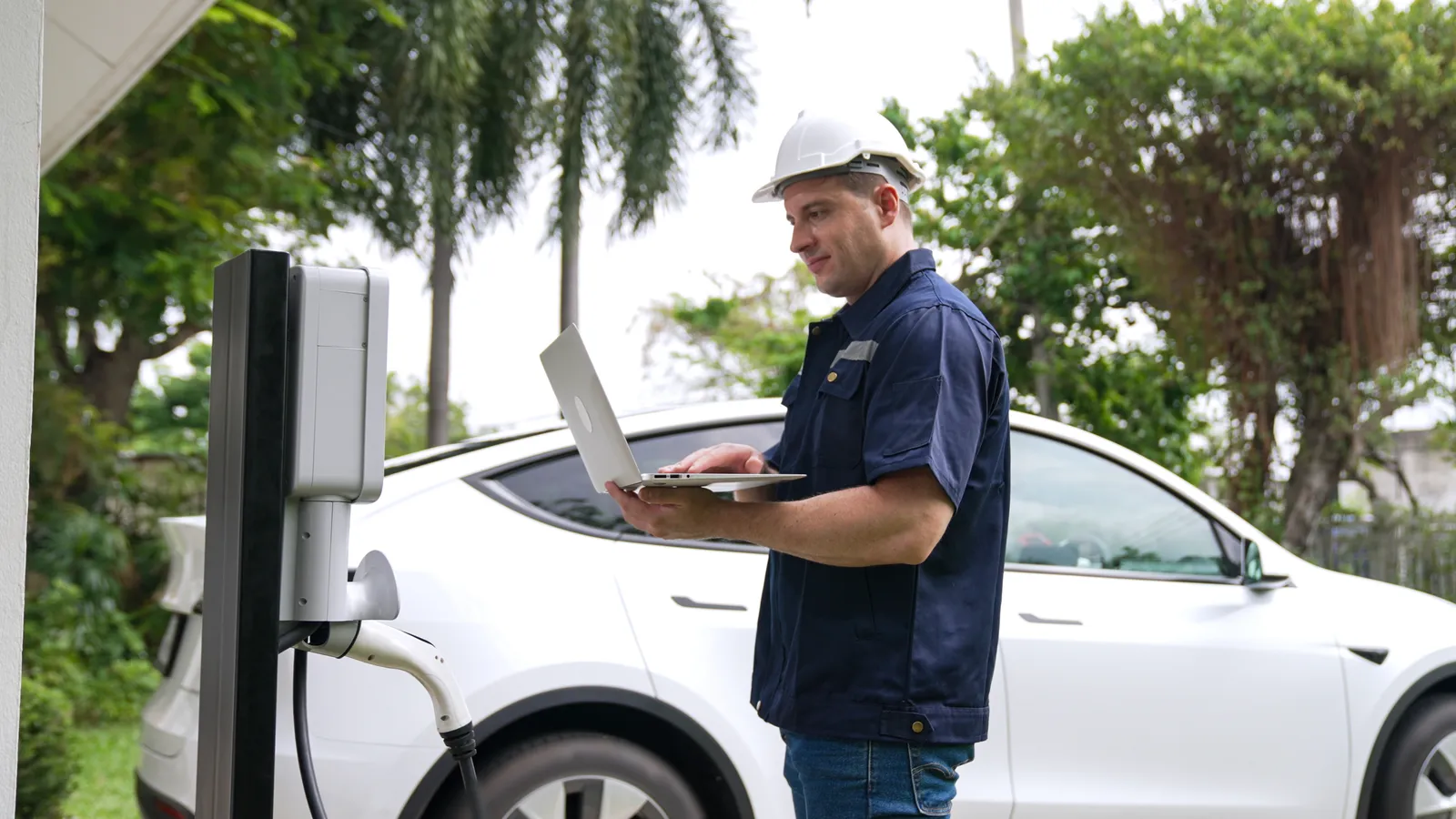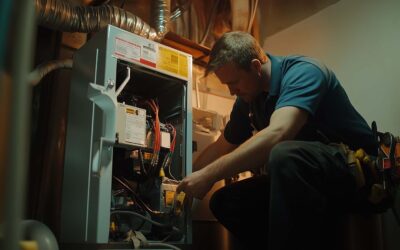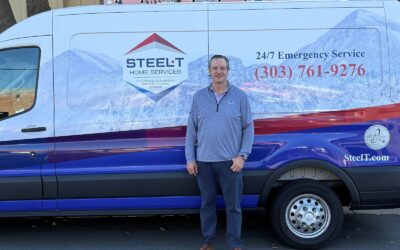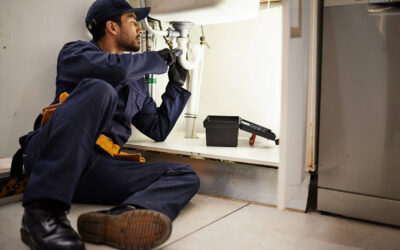As electric vehicles (EVs) continue to gain traction across the country, understanding the infrastructure behind them becomes increasingly important, especially for new EV owners. One of the most essential parts of EV ownership is charging, and not all chargers are created equal. There are three primary types of EV chargers: Level 1, Level 2, and DC Fast Chargers (sometimes called Level 3). Each varies in speed, cost, installation requirements, and use case.
Whether you’re considering EV charger installation services, planning a road trip, or just curious about what those public charging stations really offer, this guide will explain the differences so you can make an informed decision.
Level 1 Chargers: The Slow and Steady Option
Best for: Overnight charging at home, low-mileage daily drivers
Power source: Standard 120-volt outlet (same as most home appliances)
Charging speed:
- Adds about 3 to 5 miles of range per hour
- Typically requires 20–50+ hours for a full charge, depending on battery size
Level 1 chargers are the most accessible EV charging option because they plug directly into a standard household outlet. Every EV sold in the U.S. typically comes with a Level 1 charging cord. This makes it a zero-installation option for many homeowners and renters.
Pros:
- No special equipment or installation required
- Perfect for overnight charging
- Low-cost and convenient for those who drive fewer than 40 miles per day
Cons:
- Extremely slow charging speeds
- Not ideal for larger EV batteries or high-mileage drivers
Who Should Use It:
If you only drive short distances or have a plug-in hybrid with a smaller battery, a Level 1 charger may be all you need. It’s also a great fallback or backup charging solution in case higher-level chargers are unavailable.
Level 2 Chargers: The Goldilocks of EV Charging
Best for: Daily home charging, public stations at work or in town
Power source: 240-volt outlet (like those used for electric dryers or ovens)
Charging speed:
- Adds about 10 to 60 miles of range per hour
- Can fully charge most EVs in 4 to 10 hours
Level 2 chargers are the most common option for residential EV owners who want faster, more reliable charging. They require professional installation of a 240V outlet or a dedicated charging station, which can be mounted in a garage, driveway, or carport.
These chargers are also widely available at public locations such as shopping centers, libraries, hotels, and office buildings.
Pros:
- Fast and reliable charging
- Compatible with nearly all EV models
- Ideal for overnight or multi-hour charging at home or work
Cons:
- Requires professional installation
- Higher upfront cost compared to Level 1
Smart Options:
Many Level 2 chargers come with Wi-Fi or Bluetooth features for remote scheduling, energy tracking, and integration with solar panels or utility rate management.
Who Should Use It:
If you’re serious about EV ownership and want your vehicle ready every morning, a Level 2 charger is the sweet spot. It offers a great balance of affordability and convenience, and is ideal for most homeowners.
DC Fast Chargers (Level 3): The Quick Boost on the Go
Best for: Long-distance travel, commercial use, and public charging stations
Power source: Direct current (DC), 480 volts or higher
Charging speed:
- Adds about 60 to 250+ miles of range in 20–30 minutes
- Can charge an EV from 20% to 80% in under an hour, depending on battery capacity and charger rating
DC Fast Chargers are the high-performance option designed for speed and convenience. They’re found along highways, rest stops, and commercial corridors where drivers need a quick boost to continue their journey.
Unlike Level 1 and Level 2 chargers, which use alternating current (AC), these chargers supply direct current (DC) directly to the battery, which allows for much faster energy transfer.
Pros:
- Lightning-fast charging times
- Essential for road trips and long-distance EV driving
- Growing availability across the U.S. via networks like Electrify America, EVgo, and Tesla Superchargers
Cons:
- Expensive to install and operate
- Not suitable for home use due to power demands
- Can cause battery wear if used too frequently
Compatibility Note:
Not all EVs are compatible with all types of DC fast chargers. Some use CCS (Combined Charging System) ports, while others use CHAdeMO or proprietary systems (like Tesla Superchargers, which now offer adapters for non-Tesla vehicles).
Who Should Use It:
These are best suited for fleet vehicles, rideshare drivers, and EV owners who frequently travel long distances. They’re not typically used for daily charging, but they’re perfect for emergencies or quick top-offs.
Choosing the Right Charger for Your Needs
Here are some quick questions to help guide your decision:
- Do you drive less than 30 miles a day and have overnight access to a standard outlet?
→ Level 1 is probably fine. - Do you want fast, reliable daily charging at home?
→ Go with a professionally installed Level 2 charger. - Do you often take road trips or need to recharge quickly on the go?
→ Look for DC fast charging stations along your route.
Also, remember to factor in local incentives. Many states, utilities, and even municipalities offer rebates or tax credits for installing home charging equipment, especially Level 2 systems.
Powering Up for the Future
As EV adoption accelerates, the availability and performance of charging solutions will only continue to improve. Knowing the difference between Level 1, Level 2, and DC Fast Chargers can help you plan smarter, save time, and enjoy the benefits of electric driving without the stress of “range anxiety.”
Whether you’re installing an EV charger at home or want to learn more about what kind of infrastructure supports your electric lifestyle, Steel T Home Services is here to help. From custom consultation and installation to ongoing support, we ensure your EV charger fits seamlessly into your home and your life.
Ready to take charge? Contact our expert electricians to schedule your EV charger installation today.
Steel T Home Services is Denver's choice for HVAC, plumbing & electrical needs. With over 40 years of experience in serving our valued customers’ needs, Steel T is committed to providing unparalleled comfort to your home.



